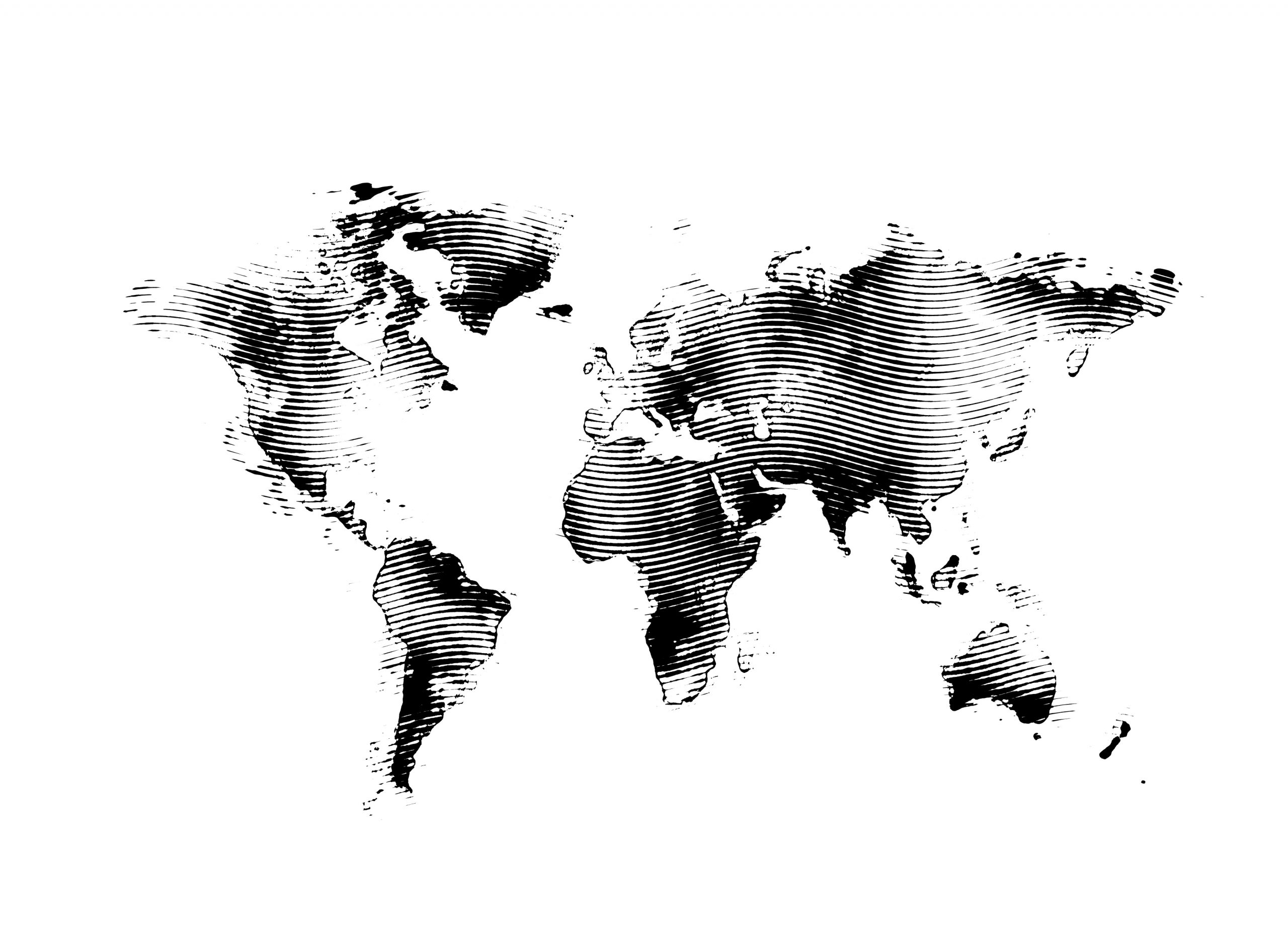A Self-Reflexive Rebellion: Of Universality and False Empowerment of the Global South
Shaimaa Abdelkarim is a lecturer at Birmingham Law School.
Farnush Ghadery is a Senior Lecturer in Law at London South Bank University.
Jay Ramasubramanyam is an Assistant Professor in the Department of Social Science at York University, Toronto.
Rohini Sen is a PhD candidate at Warwick School of Law and an Assistant Professor at the Jindal Global Law School.
Kanad Bagchi is a Doctoral Research Fellow at the Max Planck Institute for Comparative Public Law and International Law, Heidelberg.
A note on our positionality: While some of us have completed our undergraduate legal education/worked in the Global South, we are all scholars currently based out of institutions in the Global North. We have benefited tremendously and continue to do so from the same system that keeps its doors closed to a number of our colleagues and comrades. We also acknowledge that we are able to speak and communicate in a particular language and ethos primarily, if not entirely, as a product of our privilege. We are aware that in every exercise of our social, economic, and cultural capital, we are occupying that much epistemic space to the exclusion of many others. And we hope to use our limited privilege to ask architects and structures of exclusion to be more accountable.
Publishing is a singularly political act. What we choose to publish is intimately tied to where we locate ourselves in various social structures. What we consider as ‘good’ research, the methods we employ, the language in which we communicate as well as the literature that we cite operate primarily as frames of inclusion and exclusion. This is no different with respect to the location of our scholarship. Journals, blogs, and other academic platforms are not merely a repository of knowledge, but are crucial sites of power, politics, and influence.
Alonso Gurmendi’s call for rebellion (‘Publish in the Global South: A Call for Rebellion’) by asking Global North scholars to contribute more to Global South journals is very welcome, urgent even, given how production and dissemination of knowledge is largely centered around journals and scholarship based out of the Global North. In an important way, this conversation is part of a larger call for de-centering the dominant modes of doing international law research – whether that be the discipline’s epistemological limitations, english-centrism, cultural flattening, or teaching, to name a few. All of these conversations point to the structural asymmetries within the discipline which claims itself to be universal and yet, erases any semblance of the ‘other’.
It makes sense, then, as a small act of rebellion for Global North scholars to pursue conversations in a different epistemic register; one that is considerably removed from the discipline’s principal locations of influence and prestige. Yet, we believe such a proposition is not an unqualified good, but comes with its own set of predicaments and dangers. In this post, we reflect on what those might be with the intention not to dissuade, but in the spirit of further dialogue.
A Self-Reflexive Rebellion: Of Universality and False Empowerment of the Global South

